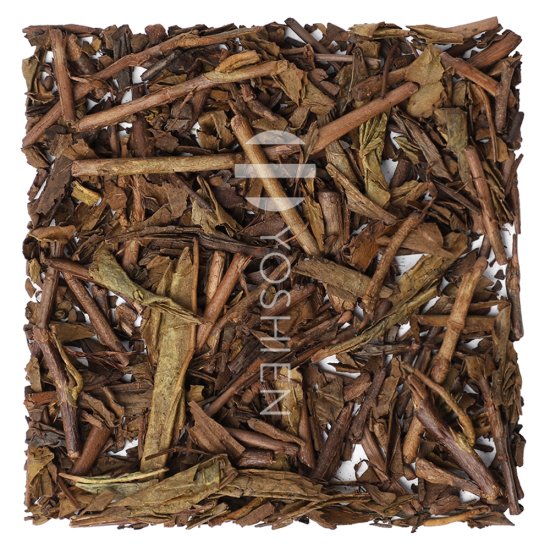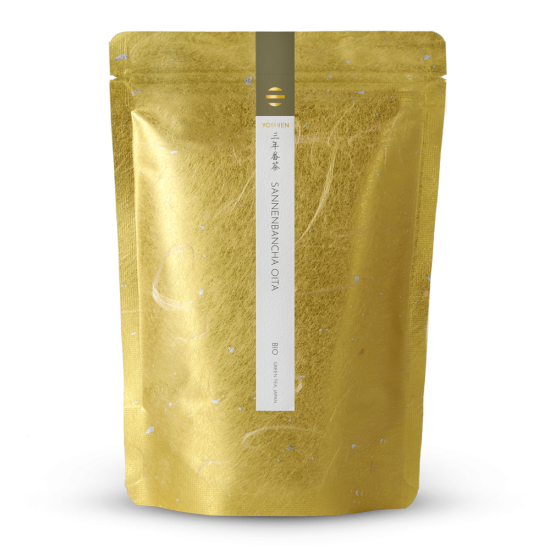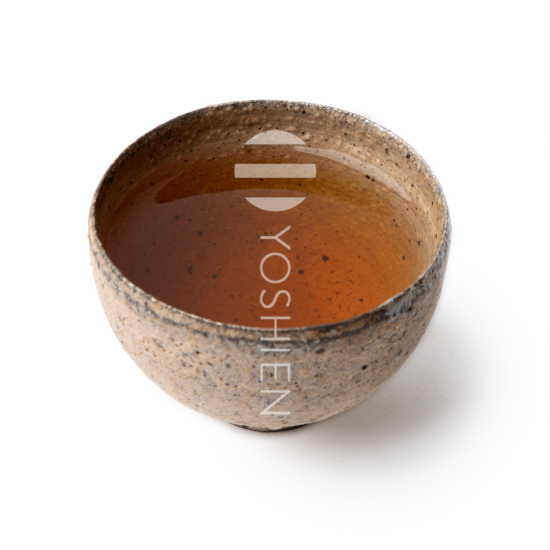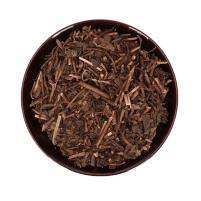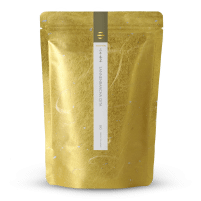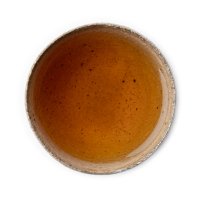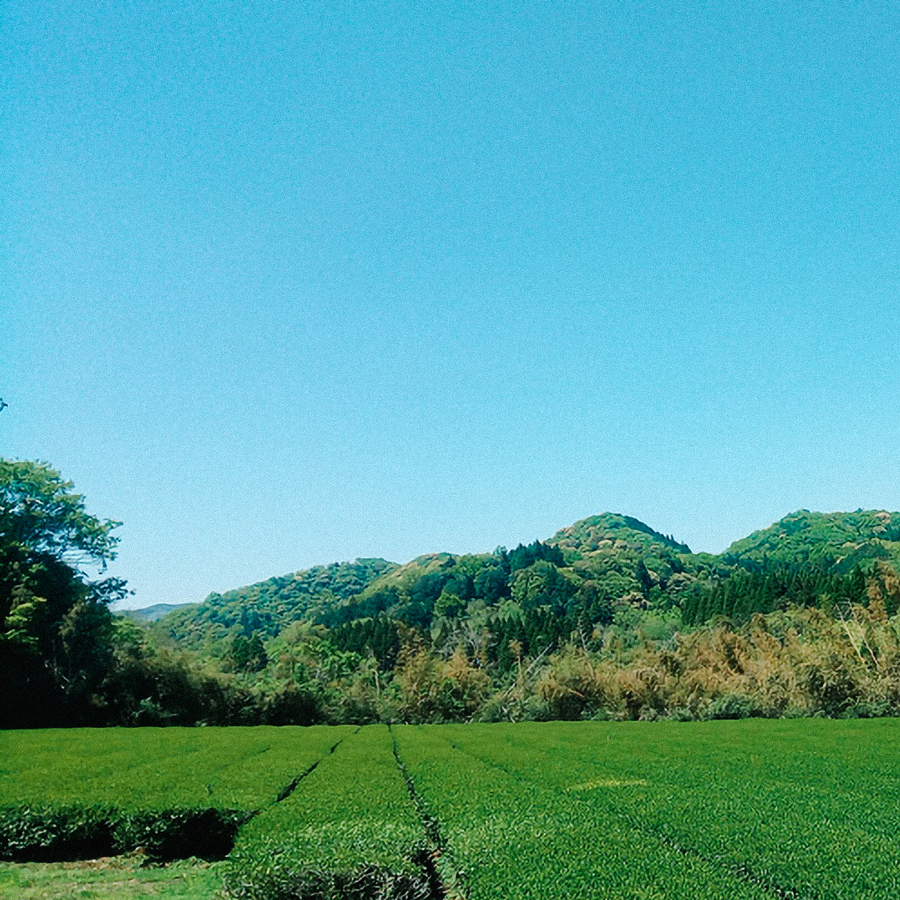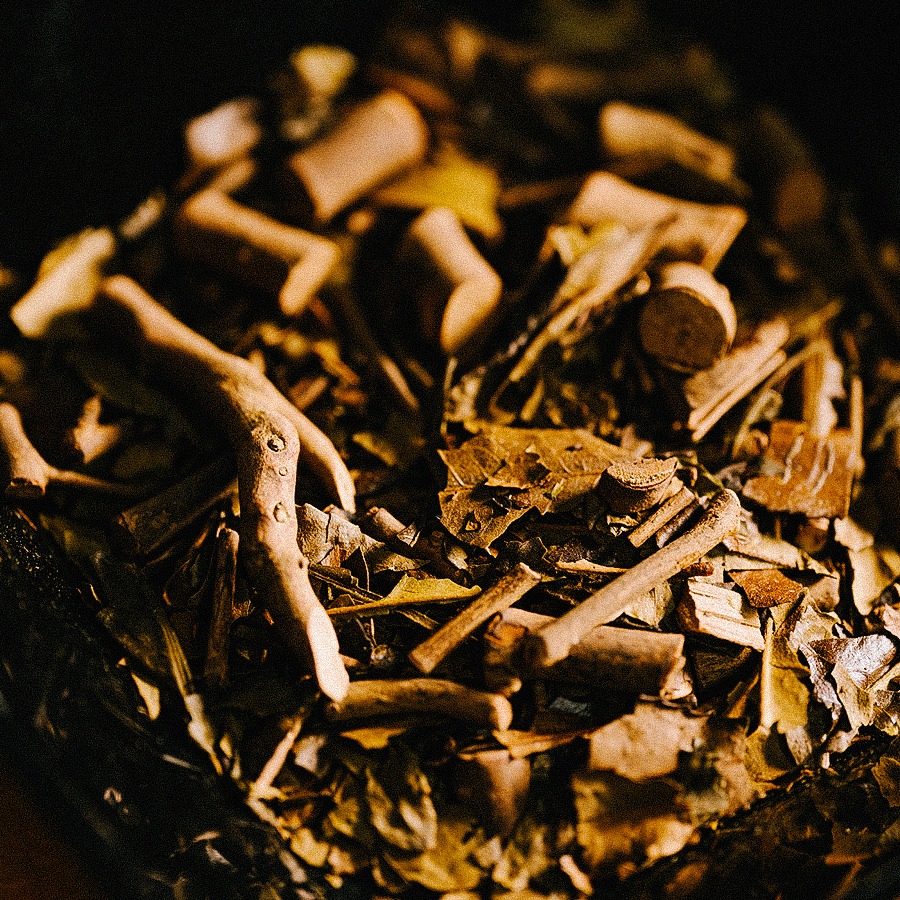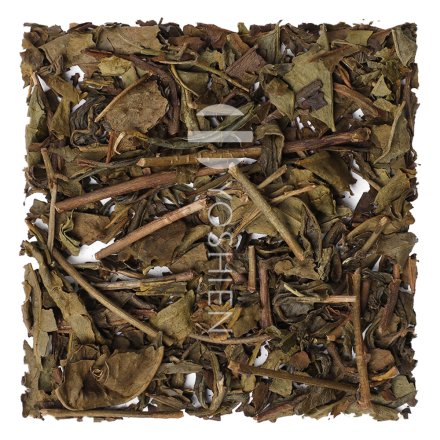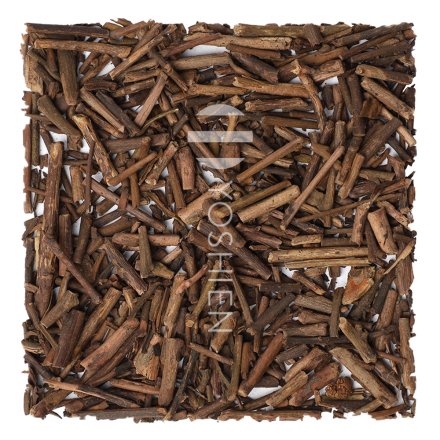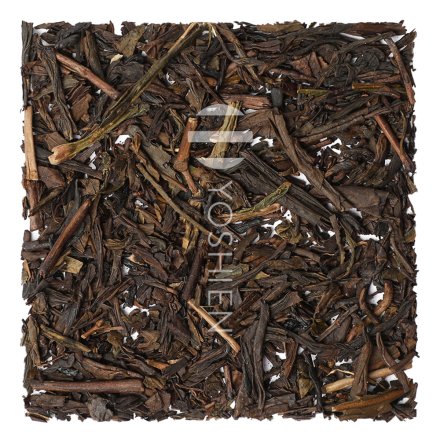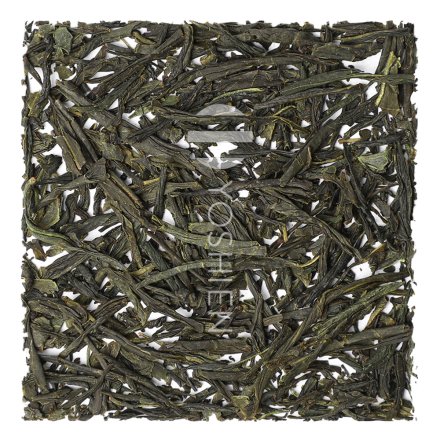This tea is thus an authentic, fully aged (jukusei 熟成) sannenbancha. This variety of green tea is only produced in small quantities in Japan and is considered a rarity.
Our farmers' tea fields are located in the south of Japan, on the island of Kyushu. The fields are close to the ocean in an idyllic landscape, far from any agricultural farms. As a result, there is no potential risk of the winds carrying over any pesticides from other farms. The temperature differences between day and night, the frequent fog, as well as the mild, briny ocean air, are all beneficial for the growth of the tea
Single Origin
This tea is exclusively sourced from the above mentioned tea farm in Ōita Prefecture. Sourced directly from the tea farmer.
Organic Certification





